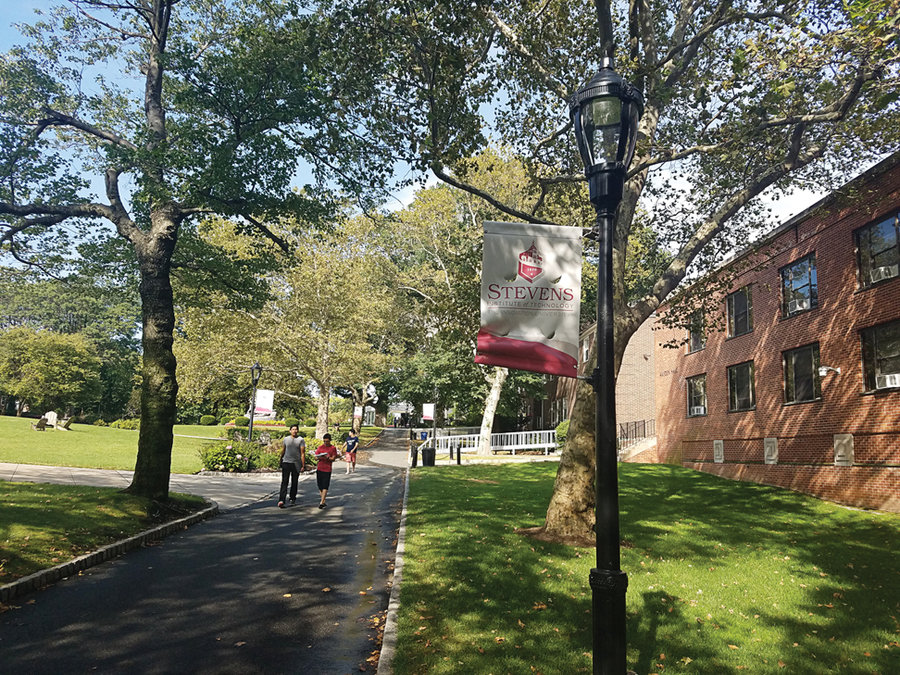A bill introduced in the New Jersey State Assembly in early August will require the Higher Education Student Assistance Authority (HESSA) to obtain a court order to use certain collection practices for defaulted student loans under the New Jersey College Loans to Assist State Students (NJCLASS) Loan Program. The bill, which is on its way to committee, sponsored by Senator Sandra Cunningham, Senator Tom Kean Jr. and Senator M. Teresa Ruiz, comes after a joint report by the New York Times and Propublica published in early July that found HESSA charging higher interest rates than similar federal programs and having unusually broad collection powers. Powers that HESSA was legally granted include garnishing wages, rescinding state income tax refunds, revoking professional licenses, and confiscating lottery winnings.
According to LendEDU, a marketplace for student loans and loan refinancing, New Jersey students are the ninth most indebted in the country and have an average of nearly $31,000 in student loan debt. Hudson County has three universities, with students at Stevens Institute of Technology in Hoboken averaging the highest student loan debt in the state at $48,244, while St. Peter’s University’s averages $32,218, and New Jersey City University averages $23,416. All three schools have between 73 and 76 percent of their students graduating with debt.
Earlier this summer, HESSA failed to provide Propublica with detailed annual default rates for the New Jersey program. According to a quarterly report by the U.S. Department of Education, about 43 percent of the 22 million students with federal loans were not making loan payments as of January 1, 2016, indicating that a very high percentage of indebted Americans are struggling.
The saddest thing
“It is really ridiculous,” said Senator Cunningham. “It is the student and whoever the co-signer is, these loanees find themselves just buried. They are being sued and bogged down with debt they aren’t able to pay.” Cunningham calls the issue a “matter of ethics.”
One of the saddest things was a young man in his 20s who was considering suicide. He was starting life already in a hole, and it’s terrible that now he has little help in digging himself out.” – Senator Sandra Cunningham
____________
After the hearing, the committee passed a measure to forgive student loans of deceased borrowers, giving a 120-day window to provide a death certificate to the loan agency.
“Every student should be able to pursue a college degree without being saddled with a lifetime of
unmanageable debt,” Senator Kean said in a statement. “The students who testified today were just trying to build a better future. This legislation is a strong step forward in our ongoing battle to make higher education more affordable and accessible for every child across New Jersey, regardless of income or background.”
Horrible realities
“It’s horrible. I’m delinquent right now. I just started working, and I can’t afford the payment plan they gave me,” said New Jersey City University graduate and mother, Anise T. on her way into the office of financial aid. “So I’m going back and forth trying to get a good payment plan. Now I started working, and they want to start garnishing my checks.”
She said she supports the bill that would require loan agencies to obtain a court order, but said that might not be enough. “We ultimately need a better payment plan for students,” she said, adding that it often takes students quite some time to find work. “Now you’re playing catchup on your bills, and then three months after you start working you get a letter saying ‘hey I know you’re working now.’ I just hope I get one of those nice agents that are willing to work with me.”
Thoughts from a student/professor
“I don’t think garnishing wages is a smart idea because you are kind of locking somebody up financially for a number of years to a situation where God only knows if they’re going to be able to do a lot with their education,” said Joseph M. Segriff, both a student and a faculty member at NJCU, as well as Hudson County Community College and Bloomfield College. “If you’re going to give them a loan, and you know the person already has financial problems, why are you giving such high interest on it? That’s bad. I just feel sad for young students who are starting now.”
He said that part of the reason students are being asked to incur so much debt is to make up for high college administrative costs. “I think the fact is they don’t have the willingness to spend it on the student,” Segriff said. “It’s not unlike any other entrepreneurial endeavor, and I think that’s unfortunate because academic decisions need academic justification, but oftentimes the justification is business.”
Segriff said that the education industry’s profit incentives combined with students being “marketed and fed an American dream mythology” in which hard work equates with success are misleading young people into stressful and downwardly mobile lives.
“To me, college should address the whole person, not their potential as an earner, and I think we stress that too much,” Segriff said. “But of course, in a pragmatic way, we have to stress it because people want to get better jobs. What we don’t see, unfortunately, is a lot of people working hard and ending up with good jobs.”
